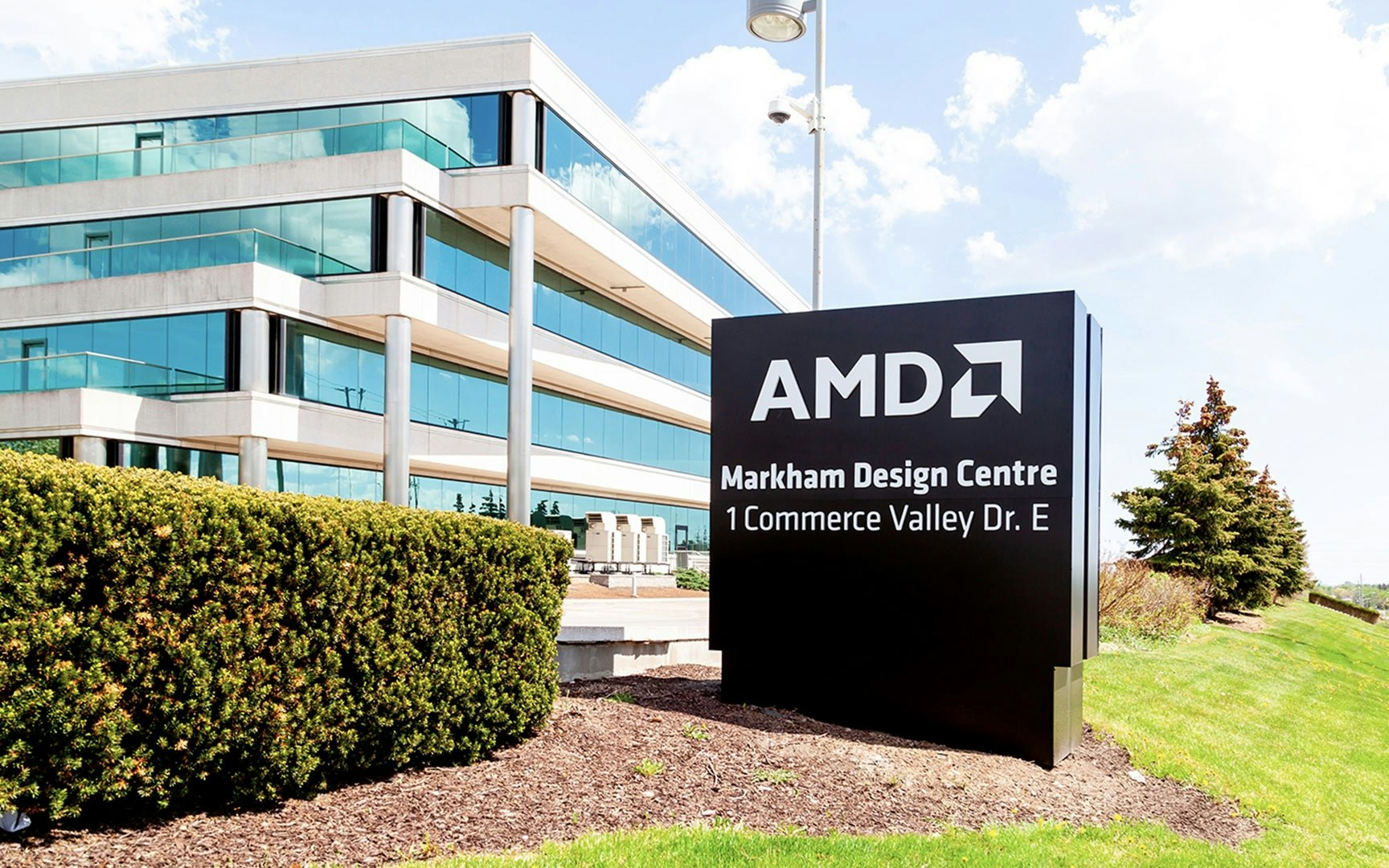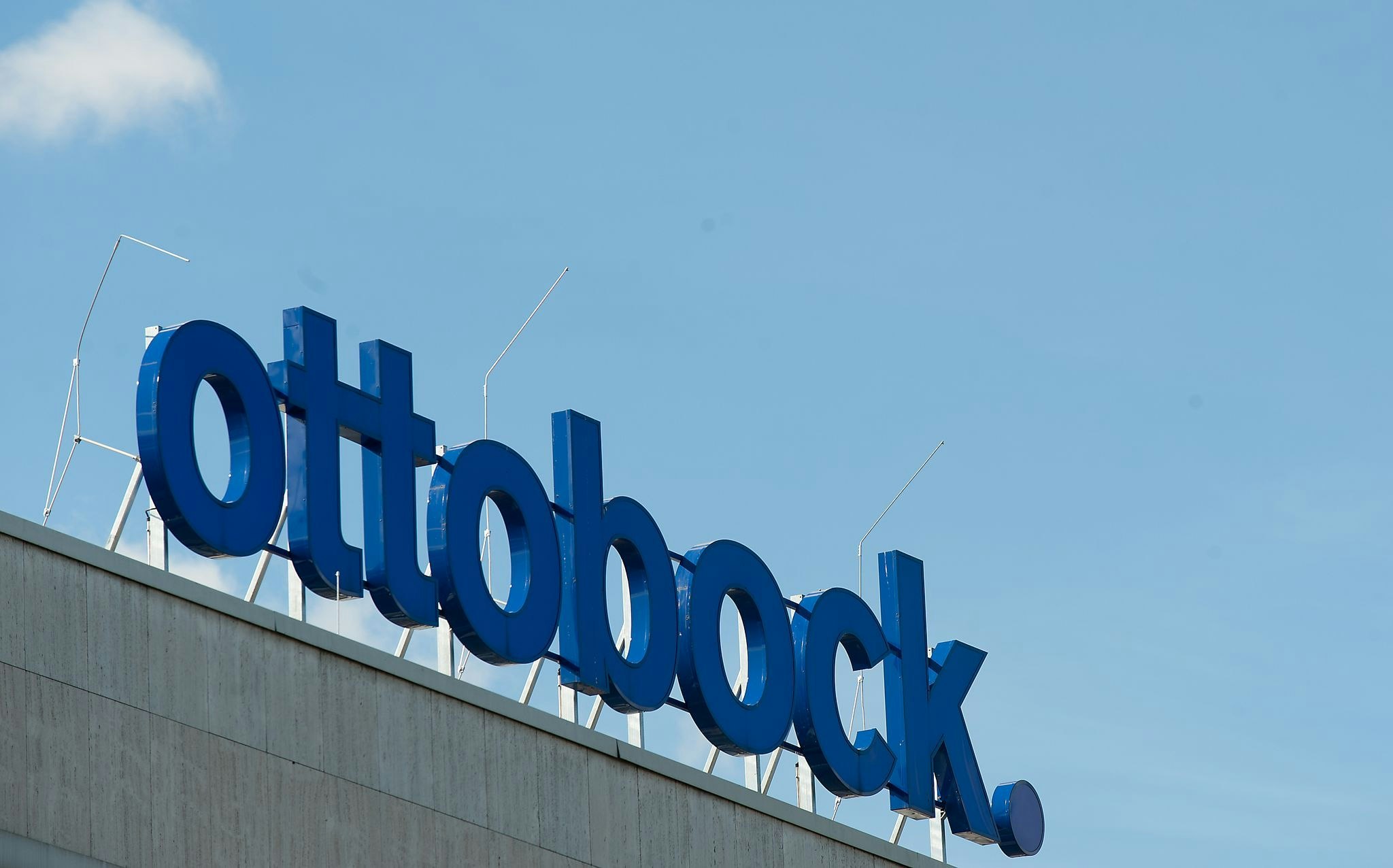Technology
AMD closes performance gap with Nvidia in the AI market
AMD closes the performance gap with Nvidia in the AI market through the introduction of new chips and strategic acquisitions, while the company continues to expand its position as a leading provider of AI infrastructure.

AMD makes significant progress in the race with Nvidia and closes the performance gap in artificial intelligence (AI). The US chipmaker announced on Thursday the launch of its new MI325X chip, which is set to be delivered to customers in the fourth quarter of this year. The MI325X offers "industry-leading" performance compared to Nvidia's current H200 AI chips, CEO Lisa Su stated during the announcement.
This development marks a significant step for AMD, which, under the leadership of Lisa Su, has risen from an almost bankrupt situation a decade ago to become the main competitor of Nvidia in the AI infrastructure market. With the next MI350 chip, set to appear in the second half of 2025, AMD continues the direct competition with Nvidia's Blackwell system.
Despite impressive progress, AMD continues to lag behind Nvidia. For the year 2024, AMD projects a revenue of 4.5 billion USD in the AI chip sector, while Nvidia already recorded 26.3 billion USD in the same period. Nevertheless, Su remains optimistic: "The demand for AI infrastructure will continue to grow. The total addressable market for AI chips is expected to rise to 400 billion USD by 2027.
Alongside the new chips, AMD also presented new networking technologies and updates for its ROCm software toolkit.
AMD pursues an aggressive investment and acquisition strategy to strengthen its market position. The recently announced acquisition of ZT Systems for 4.9 billion USD is intended to support the production of servers for AI hyperscalers. This acquisition enables AMD to further expand its capabilities in the fast-growing and high-margin AI infrastructure segment.
Despite these positive developments, AMD faces significant challenges. Competition from hyperscalers like Microsoft, Google, and Amazon, who are developing their own AI chips, as well as Nvidia's market dominance, require continuous innovations and investments. "Our new AI methods are significantly more powerful than traditional scientific models. I am excited about the possibilities that protein design now offers to improve the world in health, medicine, and technology," said Su.
The stock of AMD reacted positively to the announcements and closed trading at 171 US dollars, giving the company a market capitalization of around 275 billion US dollars – almost three times that of Intel. Su sees AI as the main driver for AMD's next growth phase and aims to win the same customers as Nvidia. "People are open to different architectures and are looking for the best solution for their workloads," she explained.






